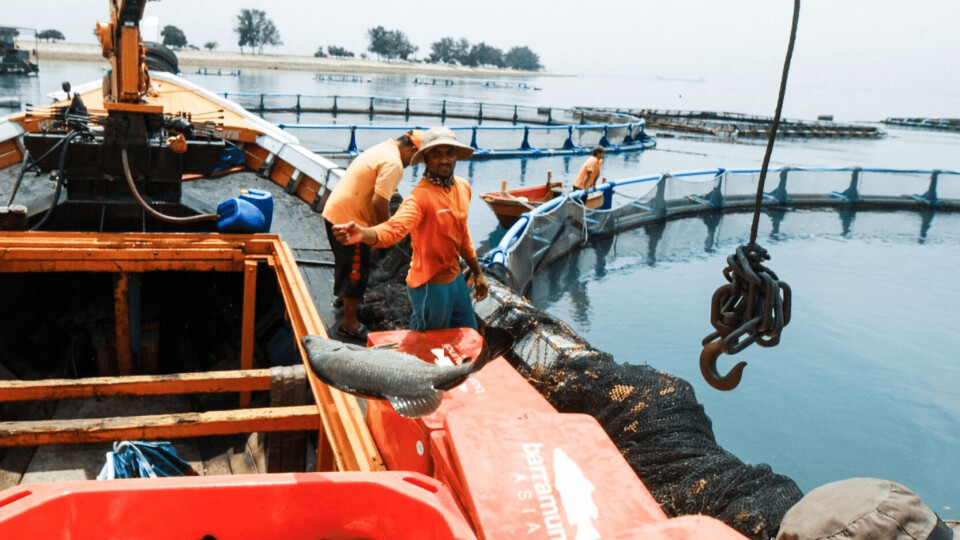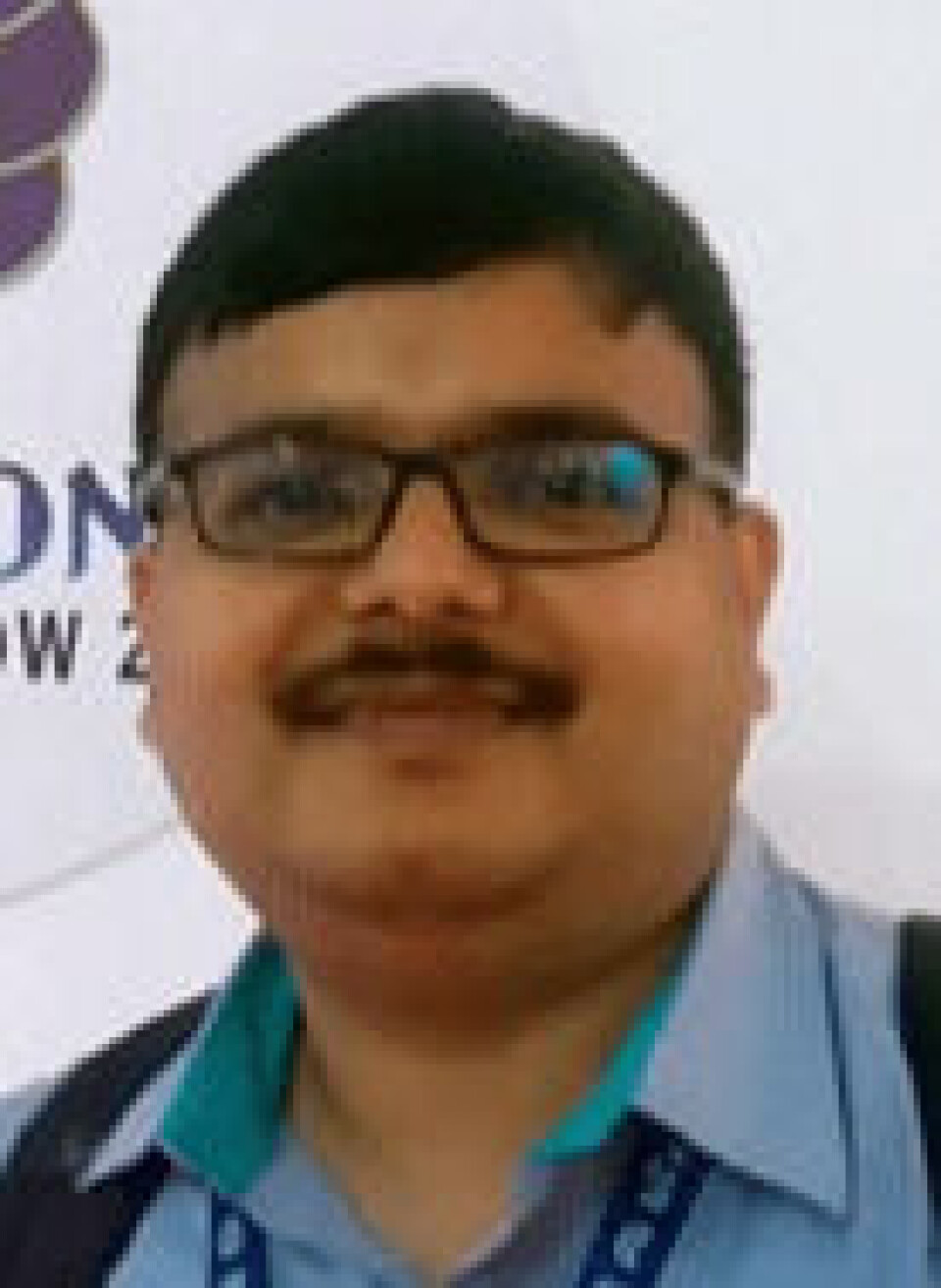
Singapore aquaculture institution signs up to sustainability
Friend of the Sea (FOS) is to work with the Institution of Aquaculture Singapore (IAS) to promote responsible aquaculture development in the city state.
The organisations have signed a memorandum of understanding (MoU) to collaborate in Singapore’s attempt to triple its food self-sufficiency by 2030.
Friend of the Sea, a project of the World Sustainability Organisation, certifies sustainable practices in fisheries, aquaculture, fishmeal and fish oil.

Strengthen objectives
IAS president Jimmy Lim said: “Receiving exclusive support from the internationally known Friend of the Sea will strengthen our objectives to expand the sector in more sustainable ways to achieve the food self-sufficiency initiatives of the government of Singapore.”
Paolo Bray, founder and director of FOS, said: “We are very pleased to be working with the IAS, focusing on the promotion of the aquaculture businesses in sustainable ways which align with our mission.
“This MoU is the first step in what we both envision as a long and fruitful partnership.”
Innovation Centre
FOS has so far certified four Singapore fish farmers: Seacold Seafood Pty Ltd (shrimp); Eastern Harvest Company Limited (shrimp); Singapore Aquaculture Technologies (SAT) Pte Ltd (barramundi, crimson snapper); Tri Marine International (Pte) Ltd (yellowfin tuna).
IAS partners include Temasek Polytechnic, lead institution in the Aquaculture Innovation Centre (AIC), which opened last year and is supported by government investment agency Enterprise Singapore.
The centre, which is partnering with several universities and polytechnics and with early-stage aquaculture investor Hatch Blue, aims to drive research and development.
It will also offer training and development opportunities in nutrition, feeds, additives and feeding management, health and disease management, and genetics, breeding and fry production.

Food security
FOS global advisory board member Amod Ashok Salgaonkar said: “Singapore is now aspiring to increase its food self-sufficiency from less than 10% today to 30% by 2030, also known as the ‘30-by-30’ target. Fisheries and aquaculture can become one of the main contributors in maintaining food security of the country.”
In 2019, Singapore produced about 4,700 tonnes of food fish from its 122 licensed fish farms, about 10% of its annual total consumption of live and chilled food fish.
There are 110 sea-based farms in coastal and southern waters that contribute around 85% of local food fish production.
Species produced include barramundi (Asian seabass), greasy grouper, red snapper, pompano, four-finger threadfin, milkfish, grey mullet and marine tilapia.























































